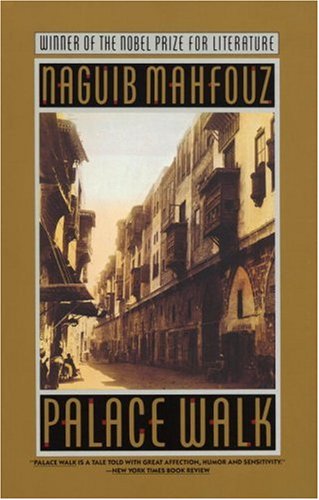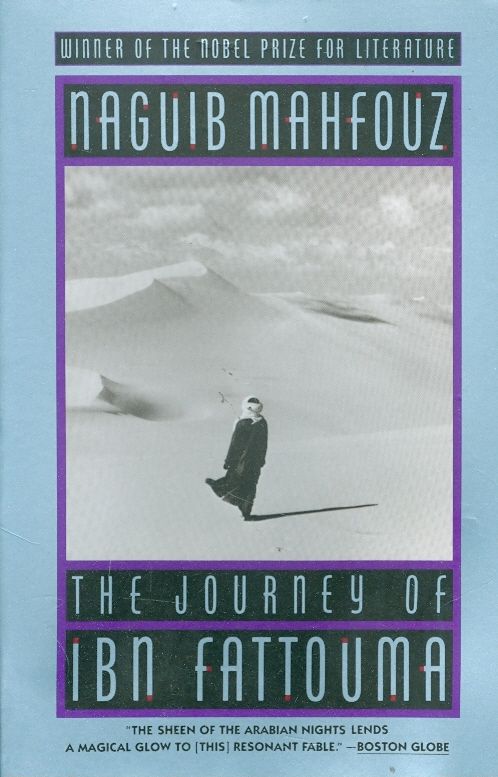“This book gets off to a real slow start, taking about 200 pages to set the scene without much happening. But then out of nowhere, just when you're thinking this is going to be one of those quaint, boring, period pieces where it's all about describing the place and the era, Mahfouz drop a bomb on his readers. And just like that, the book takes off. So be patient if you're finding it a bit dull in t”















